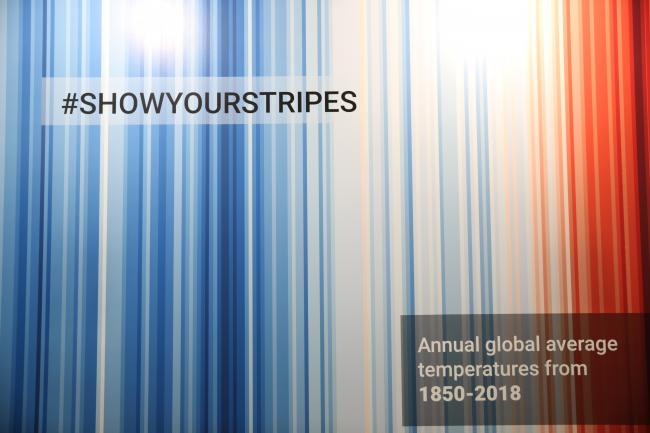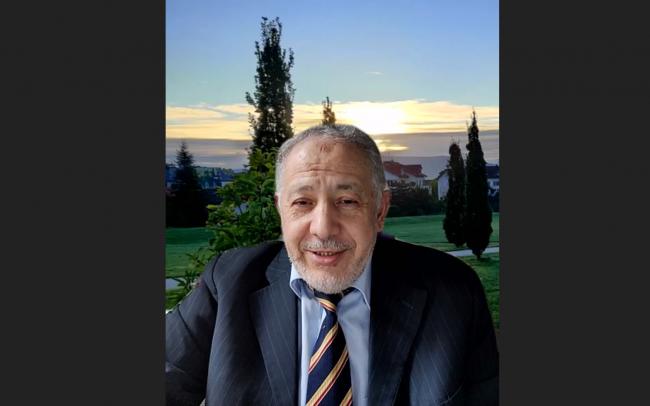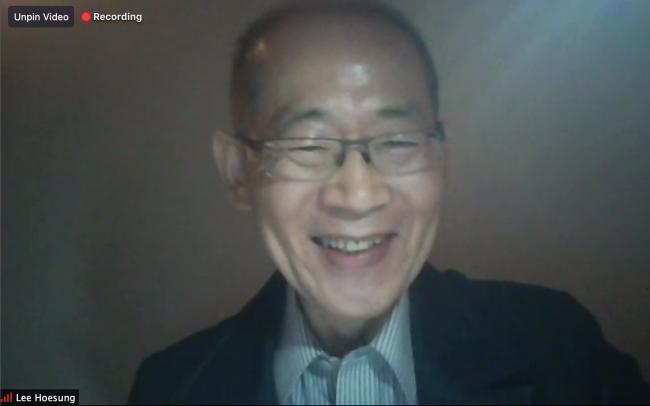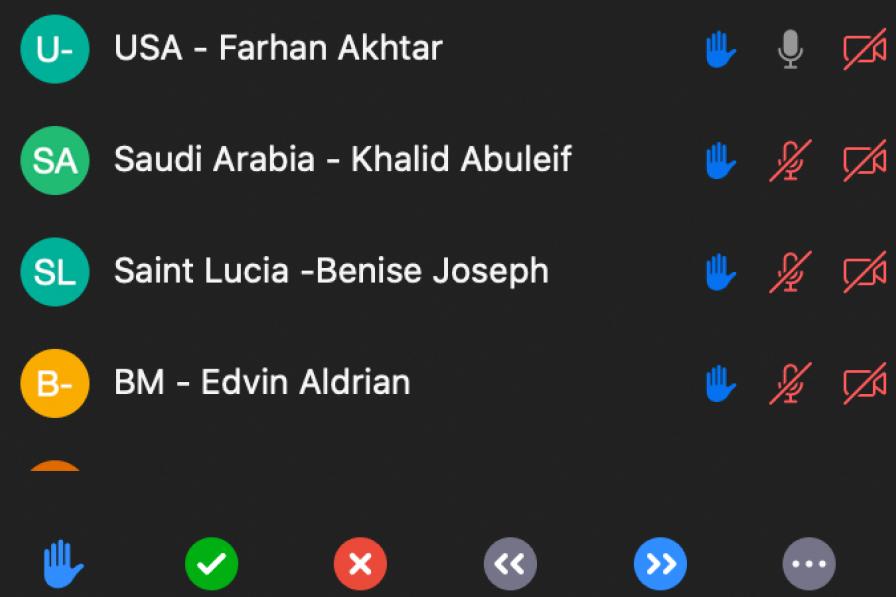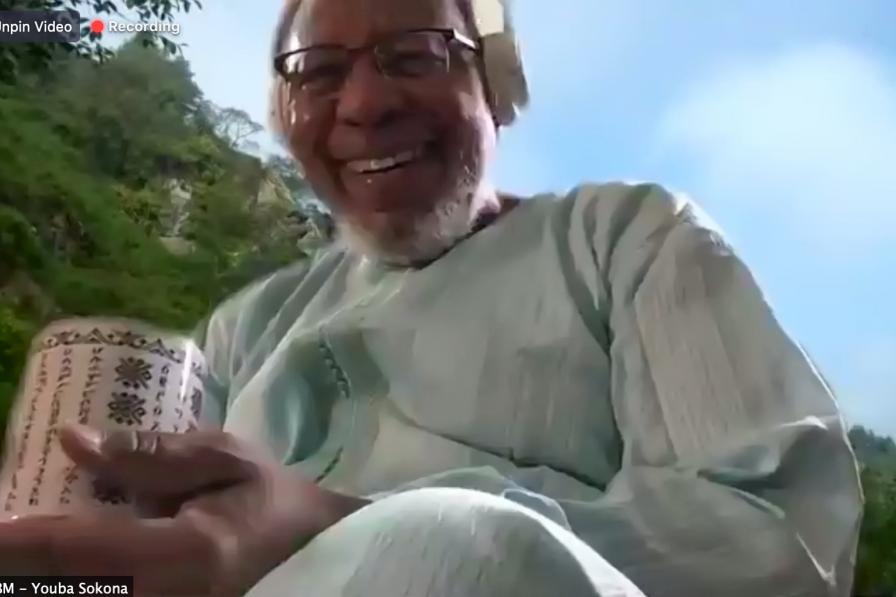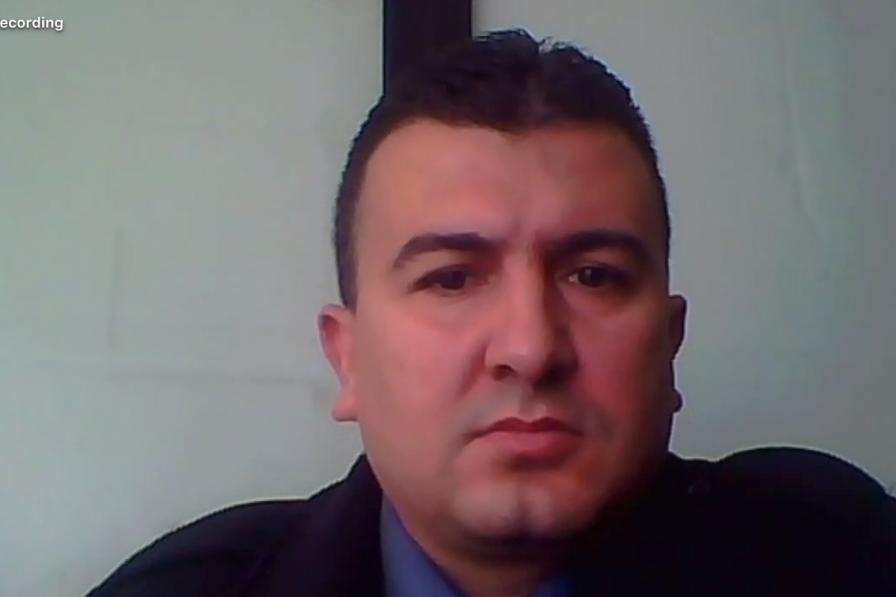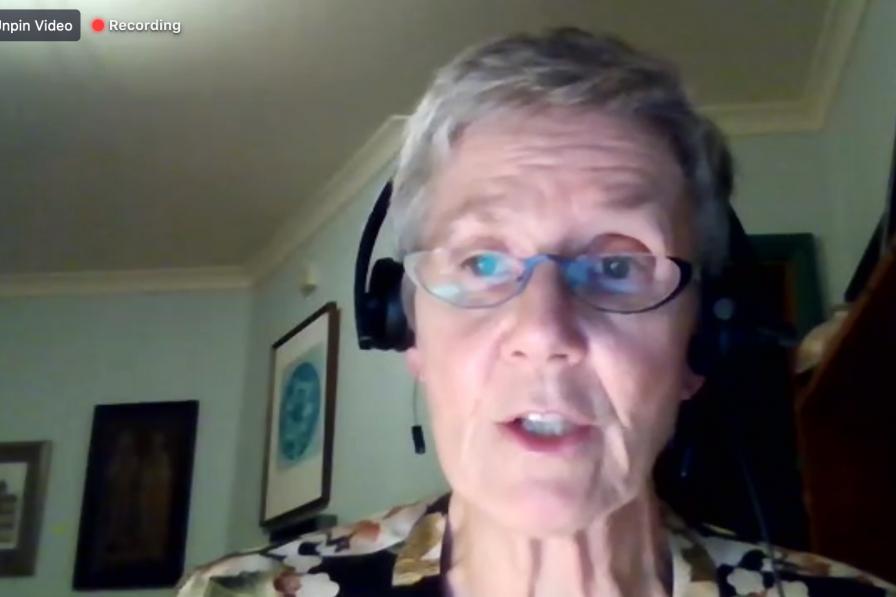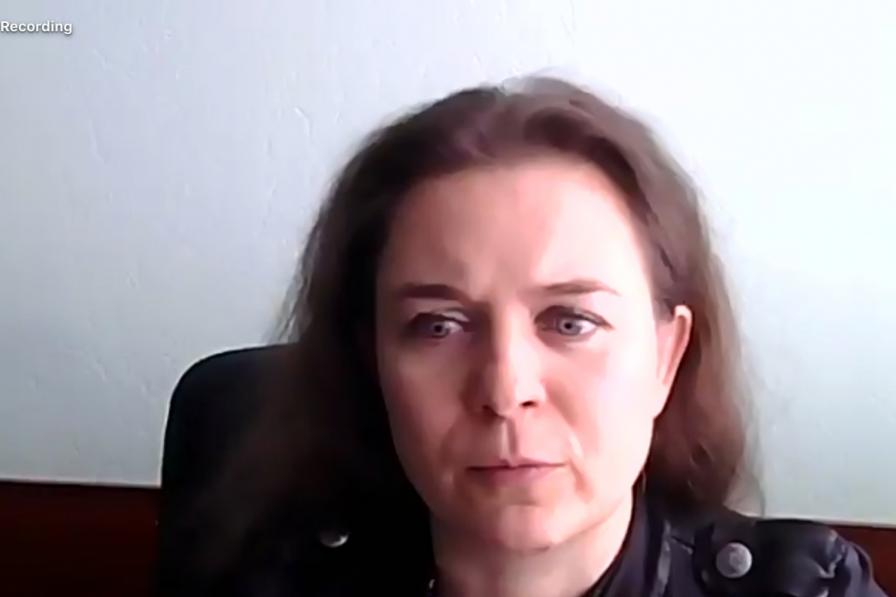On Thursday, delegates continued the consideration of adjustments to the strategic planning schedule for the Sixth Assessment Report (AR6).
Election of the AR7 Bureau
Building on the previous day’s discussion and a proposal made by Abdalah Mokssit, Secretary of the Intergovernmental Panel on Climate Change (IPCC), delegates began to converge on establishing an Open Ended Ad Hoc Group to develop a platform for the next cycle’s election, focussing on the size, composition, and structure of the Bureau. The Group would be composed of at least three representatives each from developing and developed countries and report on progress at the margins of the approval Plenaries for the reports of the three Working Groups (WGs). The election process would then be initiated with the Secretariat’s letter inviting governmental nominations, to be sent one week after the approval of the AR6 Synthesis Report (SYR), and the election Plenary would take place no later than six months after the letter has been sent.
A key point raised in the discussion related to ensuring the open-ended nature of the Group, to allow participation of all interested countries. Some delegations favored entailing the Bureau with this preparative work. WG III Co-Chair Jim Skea, supported by several delegations, cautioned against overburdening Bureau members, noting their focus should lie on ensuring the quality and finalization of the AR6 reports and that scientific experts are not well suited to address political considerations. In addition, concern was raised regarding the potential conflict of interest for incumbent Bureau members seeking re-election.
Modalities for approval sessions
Delegates heard a presentation by the IPCC legal officer on aspects that need to be taken into account in adjusting the format of approval sessions to the pandemic context, underscoring the need for a fair, inclusive, and transparent process that ensures equitable representation.
WG I Co-Chair Valérie Masson-Delmotte underscored that scientists pursued their work on IPCC reports despite the burden posed by the COVID-19 pandemic, even at risk of burnout, and called on governments to find a way to do the same, noting the risk of author disengagement from future assessments. Many delegations expressed their gratitude for the tremendous efforts of authors, Co-Chairs, and Bureau members, and cautioned on the risk of losing the goodwill of scientists who volunteer their time.
There was resounding support for exploring opportunities to conduct a hybrid approval session for the WG I report in July-August 2021. Many delegations called for creative solutions and petitioned the Secretariat to find practical ways to ensure inclusiveness and support developing country participation. Many delegations supported an extended duration of the approval session of two weeks to take into account the longer time needed to contribute to the process remotely. Delegations welcomed the proposal for WG I to conduct informal sessions with governments to seek clarification on key concepts and figures of the Summary for Policymakers ahead of the approval session, noting only written comments will be formally taken into account, as per the usual IPCC procedure.
Some delegations cautioned that arrangements should only be made for the approval of the WG I report, leaving discussions on the modalities for the other approval sessions to a later stage to adjust to the volatile pandemic situation.
Both matters related to the AR6 strategic planning schedule will be addressed again on Friday, the last meeting day.
